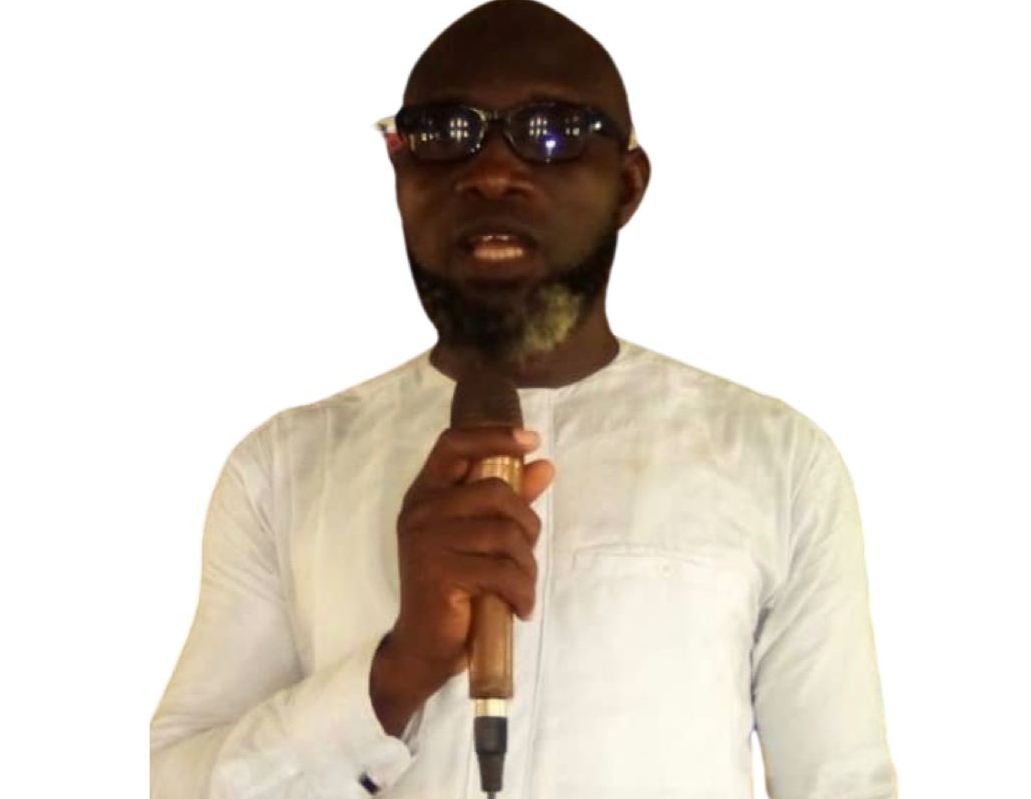By Bilesanmi Abayomi
Dr. Abdulkareem Onakoya, a renowned scholar and lecturer at the Department of Political Science, Lagos State University of Education, Oto-Ijanikin (Epe Campus), has voiced his criticism regarding the recent announcement by Nigerian President Bola Ahmed Tinubu to remove the fuel subsidy. In a series of tweets from his official Twitter handle, @DrOnakoya, Dr. Onakoya argued that the timing of this decision is ill-advised, considering its potential impact on ordinary citizens and the economy as a whole.
Drawing on international examples, Dr. Onakoya highlighted that many countries, including Nigeria, have been grappling with the concept of “fuel subsidy economies.” He noted that the International Monetary Fund (IMF) has urged nations to reduce or remove such subsidies in line with global economic standards.
Expressing concern, Dr. Onakoya emphasized the substantial budget allocation of over N1.34 trillion for a quarter of the year in the 2023 Nigerian appropriation bill. He deemed this allocation excessive for an economy still in the developmental stage.
The academician cited various international cases to support his argument. He pointed out that in 2014, Ghana considered removing the fuel subsidy but opted for a partial reduction of only 17% due to potential adverse effects on the economy. Similarly, the Canadian government provided substantial support of about $1.6 billion to the oil and gas sector in 2018 to mitigate the impact on the populace.
Referring to Iran’s experience in 2019, Dr. Onakoya mentioned that a partial removal of 16% to 17% resulted in price distortions and large budget deficits. However, the Iranian government implemented palliative measures to support its citizens during the transition. In contrast, Russia continues to provide the largest fuel subsidy globally, allocating approximately $22 billion through tax exemptions and duty reductions on oil and gas, aiming for positive multiplier effects on its citizens and the economy.
While acknowledging the presence of corruption within the subsidy system, Dr. Onakoya proposed a gradual and phased approach to removal. He urged the new president to prioritize policies that directly and positively impact the welfare of the common people, thereby revitalizing the nation.
In conclusion, Dr. Onakoya called for the formulation of effective policies that address the concerns of the populace, ensuring a prosperous future for Nigeria.

